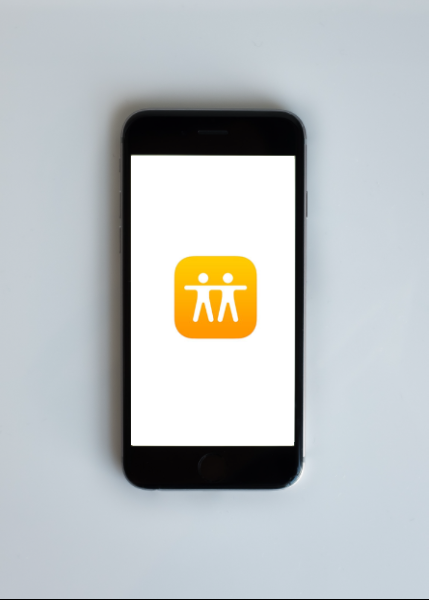Location tracing apps have not been just introduced in the market. They are here for the past couple of years, since the time when powerful smartphones rose to prominence. Tracking tools to find someone’s location were once a part of secret agencies apparatus, but now similar apps have entered the public domain. They are less complex, but equally powerful, and their use is still teetering the time old question of morality: ethical or unethical.
This article here is not aimed at settling the debate of whether it is ethical or unethical to use spyware apps. It will simply present the argument from both perspectives.
For better navigation please note that this article is broken down into three sections. The arguments in favor of spyware apps. Those against it. And in the end, we will discuss how it is possible.
The ideas presented here are gleaned from different online resources and not my genuine thoughts.
Argument(s) in the Favor:
Location tracking apps are specially designed for reasonably cautious parents, and they are right to track every movement of their child. This world can be a cruel place for the underage. In the USA alone, there are tens of thousands of child missing incidents reported last year. And, nobody knows how many children got into completely avoidable trouble due to bad company.
So, if the technology is presenting a possible solution for it, only a fool will refuse to reject it out rightly. Yes, you might have high privacy standards, but they can be ignored in the face of more important concern: safety of the child.
Some companies as a part of what they do need their employees to physically visit their customers’ homes. In order to improve efficiency of their logistic infrastructure, they use tracking apps to monitor their employees. As the company is paying its workers for the working hours, and as far as it is tracking the official devices and not the personal phones of its employees, it might be justified in arguing that it is using tracking apps to improve the efficiency of its business operations.
The last favorable argument for the use of tracking apps is the one for security. Just like children, women are the most vulnerable part of society. Rape, molestation, harassment are the cruelties that women in all parts of the world face every day, with rape being the most severe of them. It is of high importance to open eyes to this reality and to do something to curb such brutality.
Tracking apps can be a great help. With a single push of a button, someone can deliberately give access to their loved ones of their real-time location. So in case of any mishap, the help is not far away.
In all the above cases, it is somewhat ethical to track location, as it is either allowed voluntarily or the person is just not young enough to decide for himself. The case with parents gets a little complex, when children cross a certain age limit and parents get deadset to not allow them their freedom.
Argument(s) against it:
Many spouses and couples are into spy apps so they can keep records of their partner’s activities. Cheating is real, and being cheated on is one the most heart breaking in the world. It is true across almost all cultures and regions. Therefore, it doesn’t come as shocking news that most of the tracking apps nowadays are used by partners to keep tabs on each other. As they do it against the consent and without the knowledge of their partner, the use of these apps is highly controversial.
How does it work?
Most tracking apps are very simple to operate. You just have to install the app on the both devices: the smartphones of the person who is tracking and the person who is being tracked. The one who is being tracked will voluntarily allow the person in this contact list to track his/her location by adding them to a priority list. And if they are not young enough to do so their parents optimize these settings for them. Apps like find my friends and failsafe works this way, and they operate on, and can track, all smartphone OS.
On the other hand, some apps go into invisibility mode for more stealth tracking of the phone location. But they also needs to be installed and given access to a target phone prior to any real-time tracking operation.


